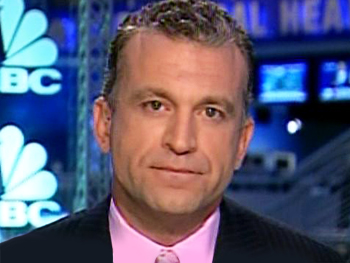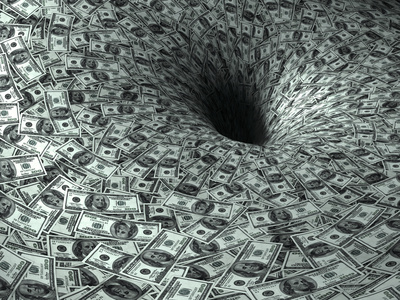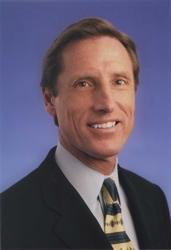The Decline of Employer-Based Health Insurance
The global consulting firm McKinsey & Company set off a firestorm when it released a report last week suggesting that 30 percent of U.S. businesses will stop offering health care benefits to their employees after most of the provisions of the Affordable Care Act go into effect in 2014.
The White House was quick to challenge the validity of the report, noting that McKinsey has so far refused to provide any details of the methodology used to reach its conclusion. All McKinsey will say is that its report was based on a survey of 1,300 employers and "other proprietary research."
White House deputy chief of staff Nancy-Ann DeParle, who previously headed the president's office of health care reform, called it an "outlier" and cited other studies predicting that few if any employers would drop coverage because of the Affordable Health Care Act.

 The
The  Crowds of protesters who flocked to the Wisconsin state Capitol June 14 anticipating Assembly action on the divisive collective bargaining bill, which essentially eliminates collective bargaining for public workers, were shocked to learn the Supreme Court had reinstated the law in a hotly contested 4-3 decision.
Crowds of protesters who flocked to the Wisconsin state Capitol June 14 anticipating Assembly action on the divisive collective bargaining bill, which essentially eliminates collective bargaining for public workers, were shocked to learn the Supreme Court had reinstated the law in a hotly contested 4-3 decision. While three recent scientific reports -- one by
While three recent scientific reports -- one by  Ever wonder what happens to the premiums you pay for your health insurance?
Ever wonder what happens to the premiums you pay for your health insurance? As the head of communications for two of the country's largest health insurers for almost 20 years, I recognize an orchestrated spin campaign when I see one. And boy, oh boy, did I see an award-winning one this week in San Francisco.
As the head of communications for two of the country's largest health insurers for almost 20 years, I recognize an orchestrated spin campaign when I see one. And boy, oh boy, did I see an award-winning one this week in San Francisco. To try and transform their image among the American public,
To try and transform their image among the American public,  On June 8,
On June 8,